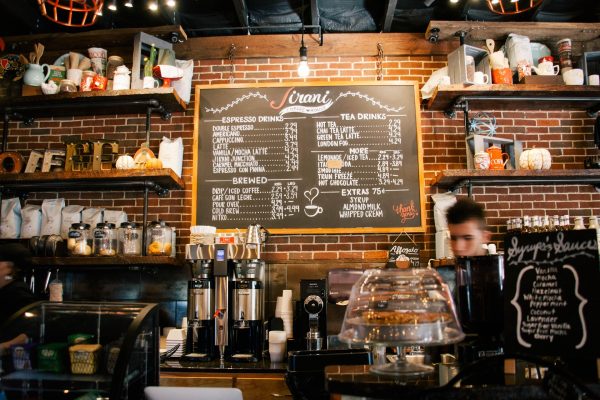Restaurant Website Design: Attract More Diners & Grow Your Business
In today’s digital world, your restaurant’s website is often the first impression you make. It can be the difference between a potential customer choosing your restaurant or moving on to a competitor. Are you going from “hungry” for customers to “booked solid”? A well-designed, user-friendly, and SEO-optimized website is *essential* for attracting new diners, driving reservations, and boosting your bottom line.
But with so many options, how do you create a truly effective restaurant website? This post will guide you through the key elements of a successful restaurant website, from choosing the right platform to optimizing for search engines.

Why a High-Performing Restaurant Website Matters
Think of your website as your online storefront, open 24/7. It’s where potential customers:
- Discover your restaurant: Learn about your cuisine, ambiance, and unique offerings.
- Browse your menu: Explore your dishes, prices, and any special deals.
- Check location & hours: Easily find your address and operating times.
- Make reservations: Book a table online (if applicable – remove if you’re not offering this).
- Get in touch: Find contact information for questions.
A poorly designed or outdated website can drive customers away. A high-performing website, on the other hand, can:
- Enhance your brand: Create a professional, memorable online presence.
- Attract new customers: Reach a wider audience through online searches.
- Drive reservations (if applicable): Make booking easy and convenient.
- Showcase your menu: Present your food in an appealing, mouthwatering way.
- Boost engagement: Provide valuable information and encourage interaction.
- Increase revenue: Ultimately, a great website leads to more business.

Choosing the Right Platform for Your Restaurant Website
There are many website builders and platforms available, but not all are ideal for restaurants. Consider these key factors:
- Ease of Use: Can you easily manage and update your website without coding knowledge?
- Design Flexibility: Does it offer restaurant-specific templates and customization options?
- Mobile Responsiveness: Is the website automatically optimized for all devices?
- SEO Features: Does it provide tools to help you rank well in search results?
- Restaurant Features: Does it offer features like menu management or online ordering (if applicable)?
- Support: Is reliable customer support available if you need assistance?
Some popular options for restaurant websites include:
- WordPress (with Avada): A powerful, flexible platform offering extensive customization through themes like Avada and restaurant-specific plugins. (This is your platform, so emphasize it!)
- Wix: A user-friendly, drag-and-drop builder with restaurant templates.
- Squarespace: Known for its elegant, minimalist designs.
- GoDaddy Website Builder: A simple, budget-friendly option for basic websites.

Optimizing Your Restaurant Website for Maximum Impact
Building the website is just the beginning. To attract customers and grow your business, you need to optimize for search engines and user experience:
Search Engine Optimization (SEO)
- Keyword Research: Identify the terms customers use to search for restaurants like yours.
- On-Page Optimization: Use those keywords in your website content, titles, and meta descriptions.
- Off-Page Optimization: Build links to your website from other reputable sites.
- Local SEO: Optimize your Google Business Profile and other local listings.
User Experience (UX)
- Easy Navigation: Make it simple for visitors to find what they need.
- Mobile Optimization: Ensure a flawless experience on all devices.
- Fast Loading Speed: Optimize images and code for quick loading times.
- Accessibility: Design your website to be usable by people with disabilities.
Content Marketing
- High-Quality Content: Provide informative and engaging content about your restaurant.
- Blog Posts: Share recipes, behind-the-scenes stories, or news. (This is self-referential, which is good!)
- Stunning Visuals: Use professional photos and videos of your food and ambiance.
Social Media Integration
- Social Media Links: Add links of your restaurant’s social.
- Social Sharing: Make it easy to share content on social media.
- Social Media Feeds: Display your restaurant’s. (This is a bit advanced, and may not be necessary for a basic restaurant website. Consider removing it.)

Invest in Your Restaurant’s Online Success
A well-designed restaurant website is an essential investment in today’s digital landscape. By focusing on SEO, user experience, and compelling content, you can attract more customers, drive reservations, and grow your business.
Ready to create a website that truly reflects your restaurant’s unique flavor and appeal? Contact Studio Puig today for a free consultation. We specialize in crafting high-performing websites for restaurants.


Leave A Comment